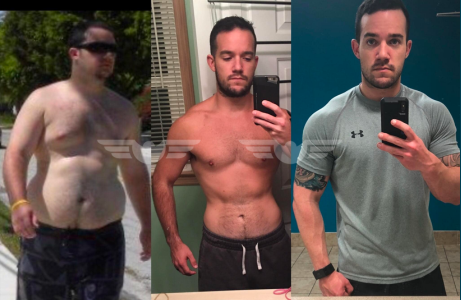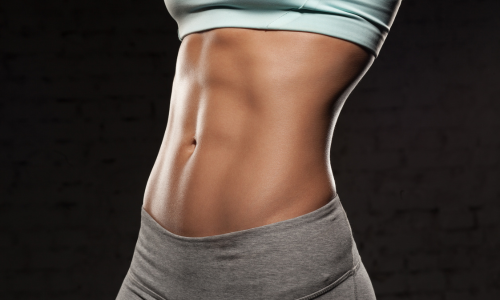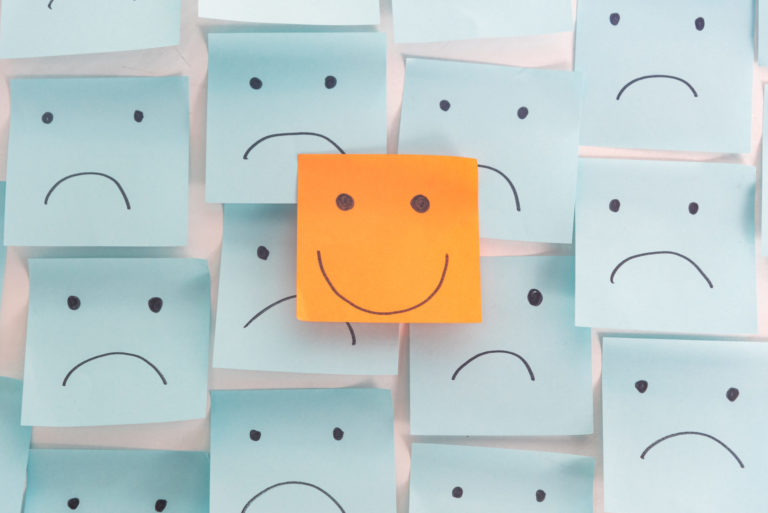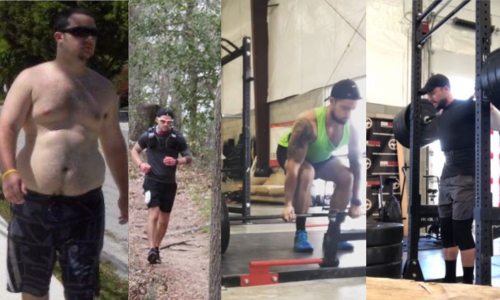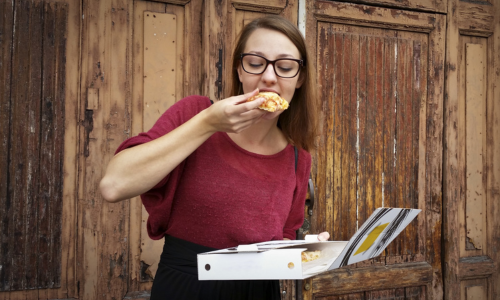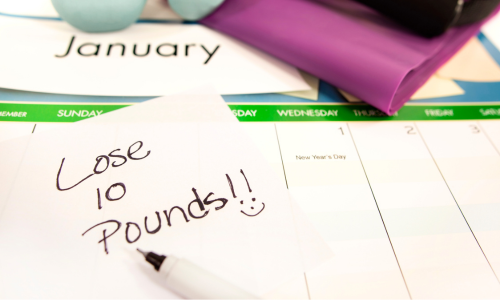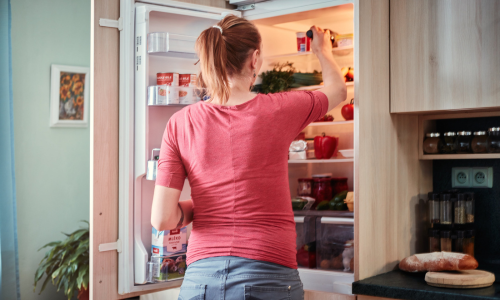To date, I’ve helped dozens of folks over 50 lose pretty respectable amounts of weight. I’d wager over half of them were very hesitant early on and warned me that their age was going to make it a tough go of things, surely they were going to gain endlessly and no matter what they tried, things just wouldn’t work.
I’d always let them know that nothing is more important than energy balance (or calories in vs calories out) when it comes to dieting. Age, sex, hormones, none of it. CICO will trump it all. If one wants to lose, they have to get into a caloric deficit, which can be accomplished by either moving more or eating less. Ideally a sweet spot is found on both those fronts so neither has to be extreme. This will create the best conditions not just to lose weight, but also help with whole body health.
There are a numerous factors that tend to play into weight-gain as we age, and we usually do a pretty poor job thinking through any of them. We know age, and weight, but we don’t look at what’s happening that may tie one to the other.
As we age, we lose muscle. As we lose muscle, out metabolism slows. That is, we burn less calories at rest, due to having less lean muscle tissue on our frame. Consequently, our maintenance levels slowly drop. In theory if we eat the same amount now we did 10 years ago, we will likely gain weight if we’ve dropped appreciable amounts of muscle.
More than that, I find the biggest driving factor behind most middle aged adults gaining weight as they age is this: They move less.
They’ve been promoted at work enough times to be parked behind a desk all day, instead of being up and around hoofing it for entire shifts.
They park as close as possible to every store or office or any other place they go, to get that prime spot right up front.
They take the elevator instead of the stairs, because why not?
They have busy evenings either catching up on *more* work after hours.
Post work, they park it on the couch or that favorite La-Z-Boy, and catch up on Netflix.
All of the above usually accompanied by eating gradually more over time if they’re not tracking their intake.
20 years ago they were working an active job, played in a softball league, had busy weekends doing yard work and knocking out honey-do’s around the house, but that’s not happening these days. Life has gotten convenient and easier and movement has been for the most part…minimized. Ability to eat more, and “get away with it”, has diminished. Weight gain happens steadily.
The analogy I often use with my clients is this:
Take two cars, exact same year make and model, fill them with the exact same amount of gas, and run an experiment. Goal being: Which one runs thru the fuel quicker? Car #1, turn on, and let it idle in place. Car #2, turn on, and bring it out and around town, occasionally on the interstate, then back into town thru stop and go traffic. Call it 2 hours for both of them, one idling, one being put thru its’ paces. At the end of the 2 hours, which would you suppose burned thru more fuel?
Our bodies are no different. Expenditure is a heck of a thing and as it drops, so too must food levels drop if we want to keep a similar energy balance and not gain.
This is not to discredit things like menopause or one of many other hormonal conditions playing in. Those are very real things, and they do matter. In my experience, as age increases past early adulthood, movement decreases. 9 times out of 10 that’ll correlate to weight gain.
Want to test the theory on yourself? Track your average steps for the next 7 days. Extract a weekly average. The following week, aim to raise that step count by 1-2k. Do that for a few weeks in a row while keeping caloric intake static. Weigh in all along the way. I think you’ll be surprised how getting moving again can quickly play in.



